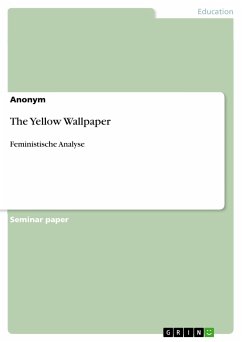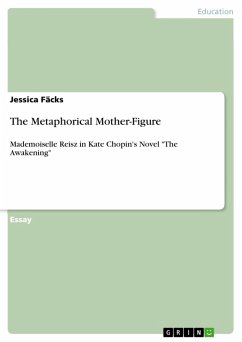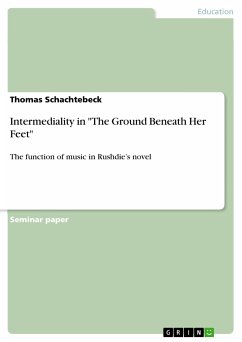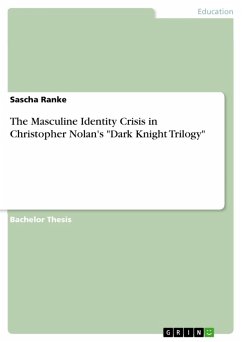Seminar paper from the year 2009 in the subject Didactics for the subject English - Literature, Works, grade: 1.0, University of Heidelberg (Anglistisches Seminar), language: English, abstract: The short story The Yellow Wallpaper by Charlotte Perkins Gilman was published in 1892 and is considered to be a very important work of feminist literature. In this paper the short story will be analyzed in regard to the critical theory of feminism. The main part will give special attention to stereotypes of women represented in the story, namely the perfect housewife and the hysterical woman, as well as the traditional gender power structure in the late nineteenth century. However, at the beginning there will be a brief explanation of the aspects of feminism as a critical literary theory. The following part will pay close attention to symbols like the bedroom to demonstrate how they reflect the social and emotional state of the narrator and what they reveal about her defeat or liberation. Additionally, it will illustrate the main characters of the short story, specifically the unknown narrator herself, and which stereotypes of people from the Victorian era they represent. The narrator tells the reader about her life as a wife and mother. She has great problems in fulfilling her duty as a mother because of depression since the birth of her child. The narrator and her husband stay in an old mansion house so that she can recover, but her husband does not really think that she is sick. He leaves her alone almost every day, supposedly because of his work, but this emotional loneliness and the absent of her family and friends, lead her to break down at the end of the story. But is the short story The Yellow Wallpaper really about depression or does it actually reveal something about the woman`s role in society in the late nineteenth century?
Dieser Download kann aus rechtlichen Gründen nur mit Rechnungsadresse in A, B, BG, CY, CZ, D, DK, EW, E, FIN, F, GR, HR, H, IRL, I, LT, L, LR, M, NL, PL, P, R, S, SLO, SK ausgeliefert werden.









